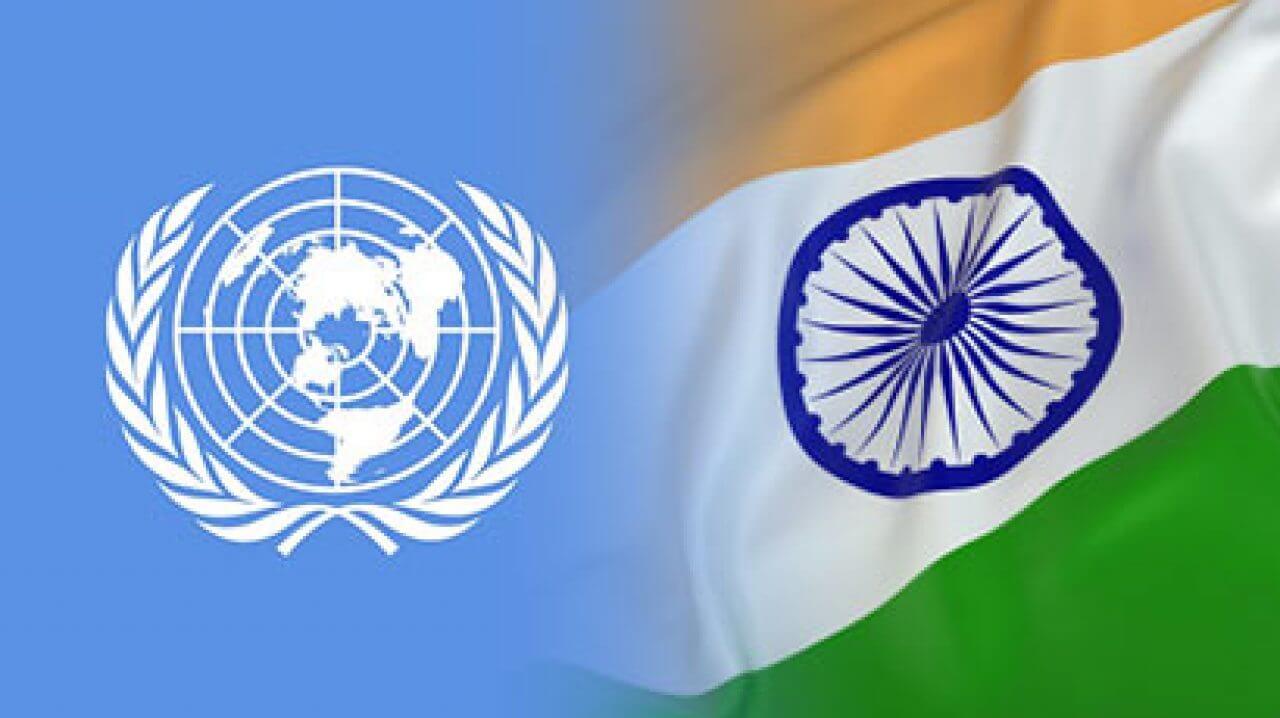Following a meeting between Chinese and Indian delegates on Tuesday, China—who has historically blocked India’s aspirations to become a permanent member of the United Nations Security Council (UNSC)—reiterated its stance on the matter by saying that its entry into the group would have to be a “package deal” acceptable to all members. In addition, the Indian Ministry of External Affairs (MEA) said that the two countries also exchanged views on upholding multilateralism, peacekeeping operations, and countering-terrorism.
The discussion was led by Yang Tao, the Chinese Director-General of the Department of International Organisations and Conferences, and Prakash Gupta, the Indian Joint Secretary (UNP & Summits) of the Ministry of External Affairs. The meeting was also attended by officials from the Permanent Mission of India in New York and the Indian Embassy in Beijing.
Following the consultation, Chinese Foreign Ministry spokesperson Wang Webin told a media briefing: “As for India’s bid for permanent membership to the UNSC, I can reiterate China’s principled position on this issue. China supports UNSC reforms in a manner that increases the authority and efficacy of the UNSC, increases the representation and voice of developing countries so that small and medium-sized countries have a greater opportunity to participate in the decision making of the UNSC.” The official spokesperson further added, “It should be done through the widest possible democratic consultation and seek a package solution that takes into account the interests and concerns of all parties.”
Earlier this year, India began its two-year tenure as a non-permanent member of the UNSC, and its border standoff with China appears to have impacted the multilateral organisation’s functioning, too. China was the only member of the Council to have opposed India heading the UNSC 1267 (ISIL (Da’esh) and Al-Qaeda) Sanctions committee. The committee lists international terrorist organisations and also includes names of individual terrorists as well, like Masood Azhar, Hafiz Saeed, and Zaki-ur-Rehman Lakhvi. Many of those listed are responsible for carrying out terror attacks in India, including the 26/11 Mumbai attacks.
India has long campaigned for a permanent seat in the elite Security Council. On multiple occasions in the past, Indian External Affairs Minister S. Jaishankar has expressed India’s desire to play the balancing role in the international system, stating that the country would adopt a comprehensive approach to global peace and security, guided by dialogue, mutual respect, and international law.
Moreover, China’s veto power doesn’t just challenge the ambitions of India, but also of other G4 member countries like Brazil, Germany, and Japan, who have made repeated calls to be added to an updated UNSC that is more representative of the current world order. In addition, several leaders have also called for the inclusion of African nations that currently do not have any representation among the five permanent members of the council, which includes the United States (US), United Kingdom (UK), France, China, and Russia.
Chinese Foreign Minister Wang Yi has previously responded to these calls for reform. In an earlier meeting held in January on the UNSC reform of the 75th Session of the UN General Assembly with Joanna Wronecka and Alya Ahmed Saif Al-Thani, the co-chairs of the Intergovernmental Negotiations (IGN), the minister said: “The reform should reflect fairness and justice, increase the representation and voice of developing countries, give more small and medium-sized countries the opportunity to participate in the decision-making of the Security Council, and correct historical injustices against Africa.”
Whether on not China will follow through on these statements or not remains uncertain and until then, India’s aspiration to be part of the Council will also remain unfulfilled.
China Says India’s UNSC Membership Must Happen Through “Democratic Consultation”
Foreign Ministry spokesperson Wang Webin said that China was supportive of reforming the UN leadership, but India’s inclusion must be a “package solution” that is acceptable to all countries.
February 12, 2021

SOURCE: THE DIPLOMATIST
